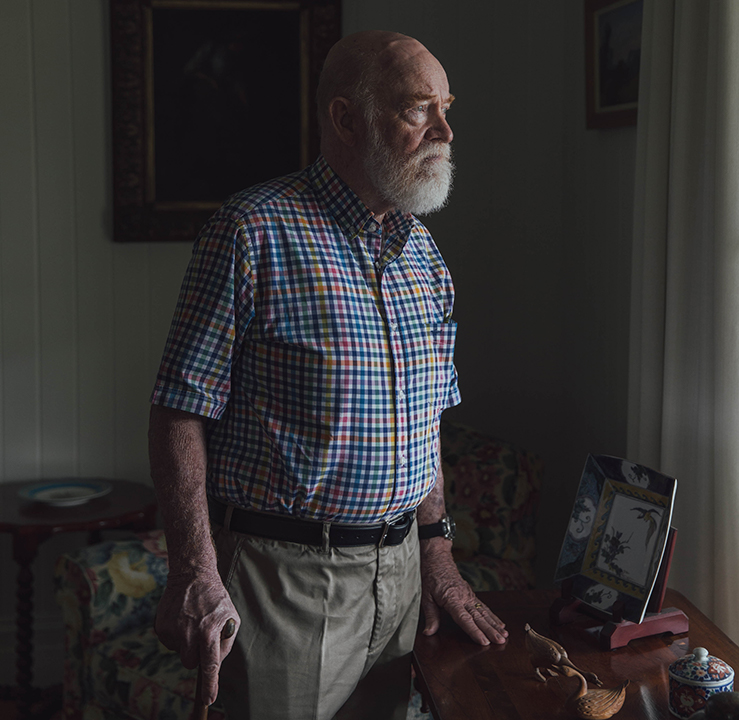Before undergoing Deep Brain Stimulation (DBS) to treat his symptoms, Parkinson’s patient, Ken Smith, could no longer sign his name or use a computer.
Parkinson’s is a neurodegenerative disorder that has both motor and non-motor symptoms. Motor symptoms include the typical symptoms we imagine when we think of Parkinson’s – tremors, slowness of movement, and muscle stiffness. Non-motor symptoms are more subtle things, like changes in mood, fatigue, and sensory changes such as smell. While there is no cure for Parkinson’s, DBS has made significant headway in managing the debilitating symptoms.
DBS is like a pacemaker for the brain. Electrodes are surgically implanted into specific regions of the brain to control the precise functions of those regions, with particular success documented in controlling the tremors of Parkinson’s patients. After surgery, the electrical current is calibrated by a neurologist, and the patient has control of the electrodes via a remote battery-powered device.

Despite his initial concerns about the surgery, Ken’s decision to go down the path of DBS has changed his life: 90 per cent of his symptoms disappeared straight after the surgery, with the remaining 10 per cent subsiding after six months.
“The first two years after DBS, I didn’t take any medication at all. I was under control.”
“Professor Peter Silburn – he’s the neurologist, and Terry Coyne, he’s the surgeon – what can I say? They’re both brilliant.”
Ken can once again enjoy aspects of life Parkinson’s stole from him. He can play chess again, a game he has loved since childhood. He has regained control of his body.
“It’s amazing. Firstly, having your life back. I don’t know how people in past generations put up with it. I’m a lucky man.”
Professor Silburn and Associate Professor Coyne have recently completed their 1000th DBS surgery. The team is ranked among the top five in the world for DBS based on clinical efficiency, and they train approximately 85% of DBS practitioners in Australia.
Their important work continues to help people, like Ken, live a normal life.
